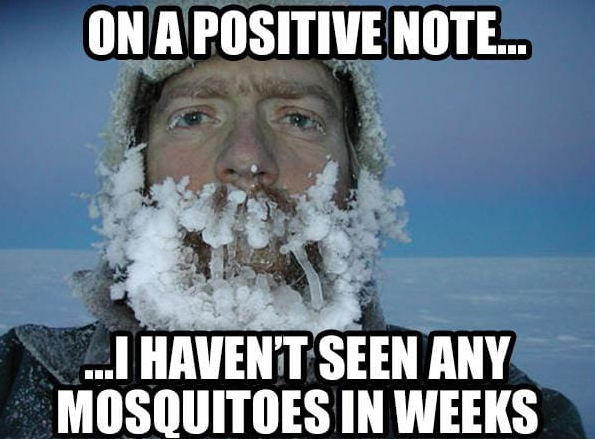
As winter temperatures drop, real estate investors have a unique opportunity to ensure their properties are not only protected but also operating efficiently. Cold weather brings its own set of challenges, but with a little preparation, you can safeguard your investments and avoid costly surprises. Here are some essential tips to help you winter-proof your properties:
1. Prevent Frozen Pipes
Frozen pipes can cause significant damage to a property. To prevent this, insulate any exposed pipes, especially in unheated areas like basements, garages, or crawl spaces. On extremely cold days, let faucets drip slightly to keep water moving through the pipes and reduce the risk of freezing.
2. Seal Drafts
Drafty windows and doors can lead to higher heating costs and an uncomfortable environment for tenants. Inspect all windows, doors, and attics for drafts, and seal them with weather stripping or caulking. A little effort here can result in big energy savings.
3. Inspect Heating Systems
Ensure that your property’s heating systems—whether it’s a furnace, boiler, or heat pump—are in good working order. Schedule a professional inspection and replace filters as needed to maintain efficiency and avoid breakdowns during the coldest months.
4. Clear Gutters
Clogged gutters can lead to ice dams, which can damage roofs and cause water leaks inside the property. Before freezing temperatures set in, clean out all leaves and debris from gutters and downspouts to allow water to flow freely.
5. Stock Up on Winter Supplies
Keep essential winter supplies on hand, such as ice melt, shovels, and weatherproofing materials. If your property is tenant-occupied, consider leaving some of these items for them to use as needed.
6. Check for Proper Insulation
A well-insulated property retains heat better, reducing energy costs and ensuring tenant comfort. Check the insulation in attics, walls, and basements, and add more if necessary.
7. Communicate with Tenants
If you have tenants, remind them of basic cold weather precautions, such as leaving cabinets open under sinks to allow warm air to circulate around pipes or notifying you immediately of any heating issues. Clear communication helps prevent small problems from escalating.
Stay Ahead of the Season
Winter can be tough on properties, but proactive measures can help you avoid major expenses and keep your investments in excellent shape. Taking these steps not only protects your properties but also maintains good relationships with tenants and preserves the value of your assets.
By planning ahead, you’ll be ready to face whatever winter has in store. And remember, the cold weather may be tough, but at least there are no mosquitoes! 😉
